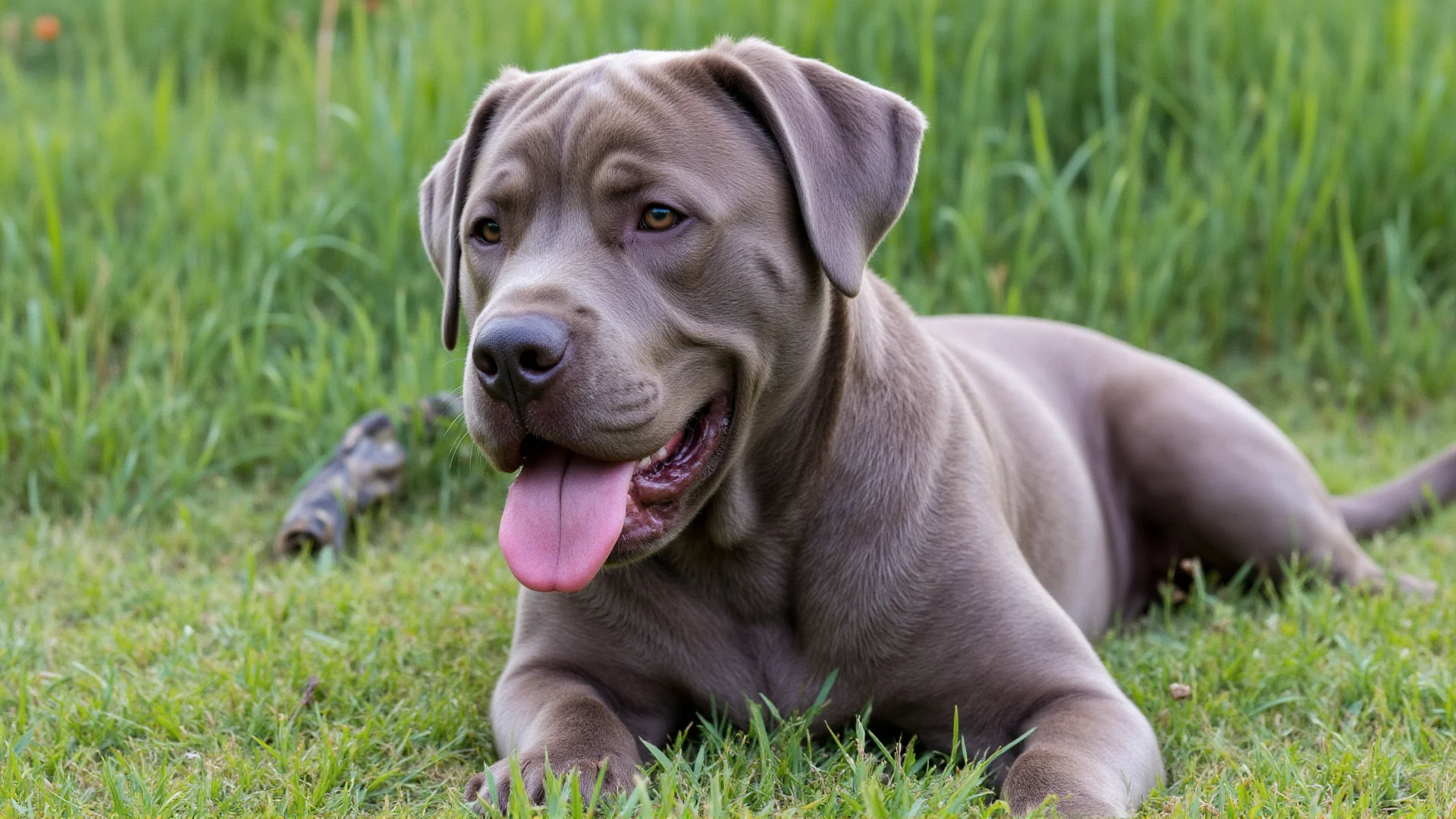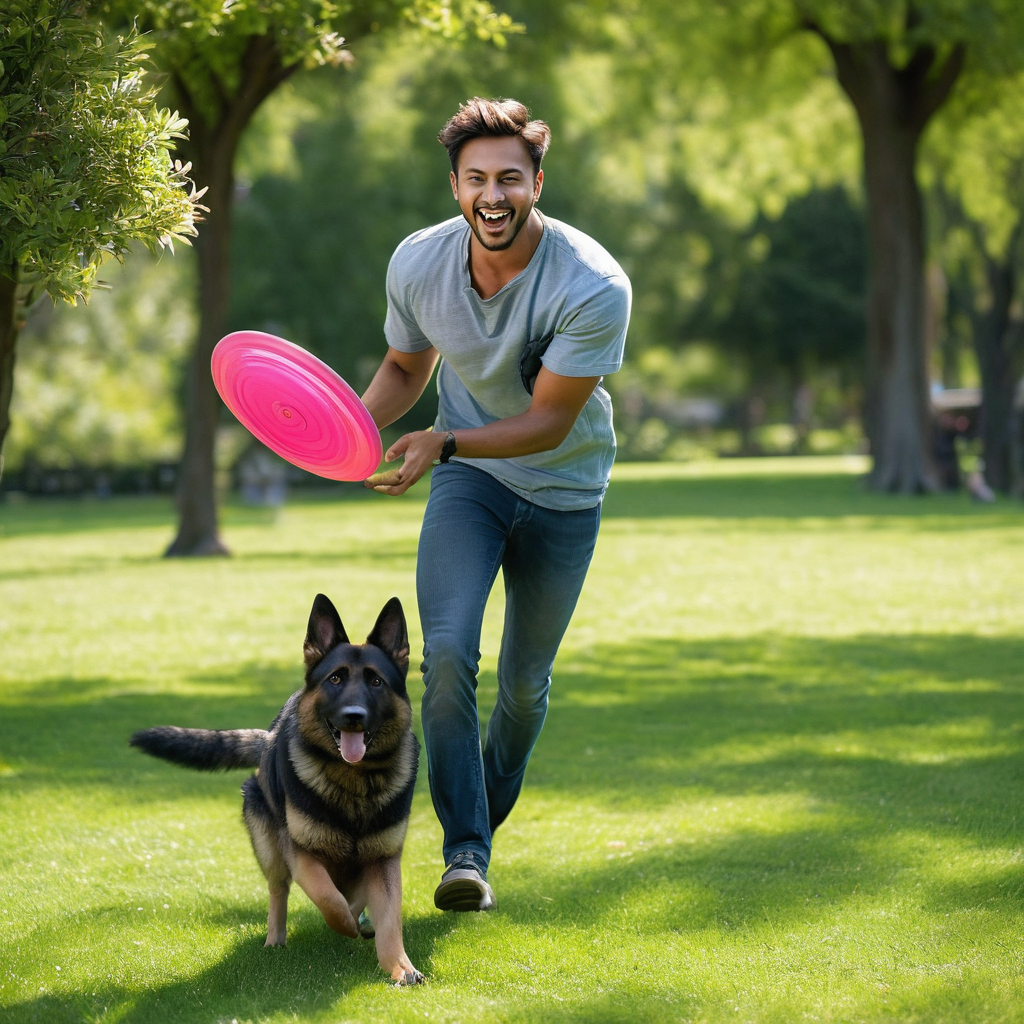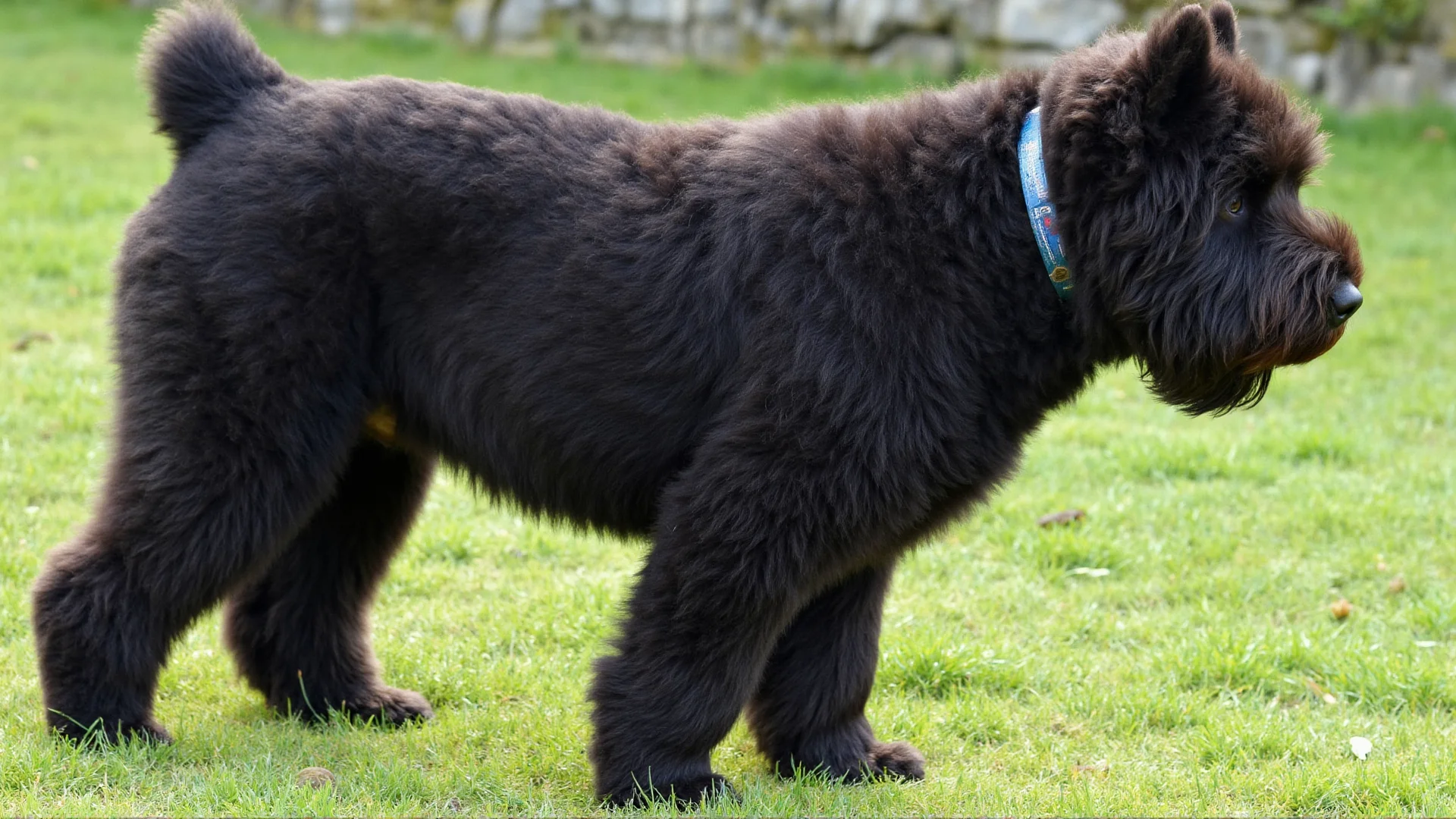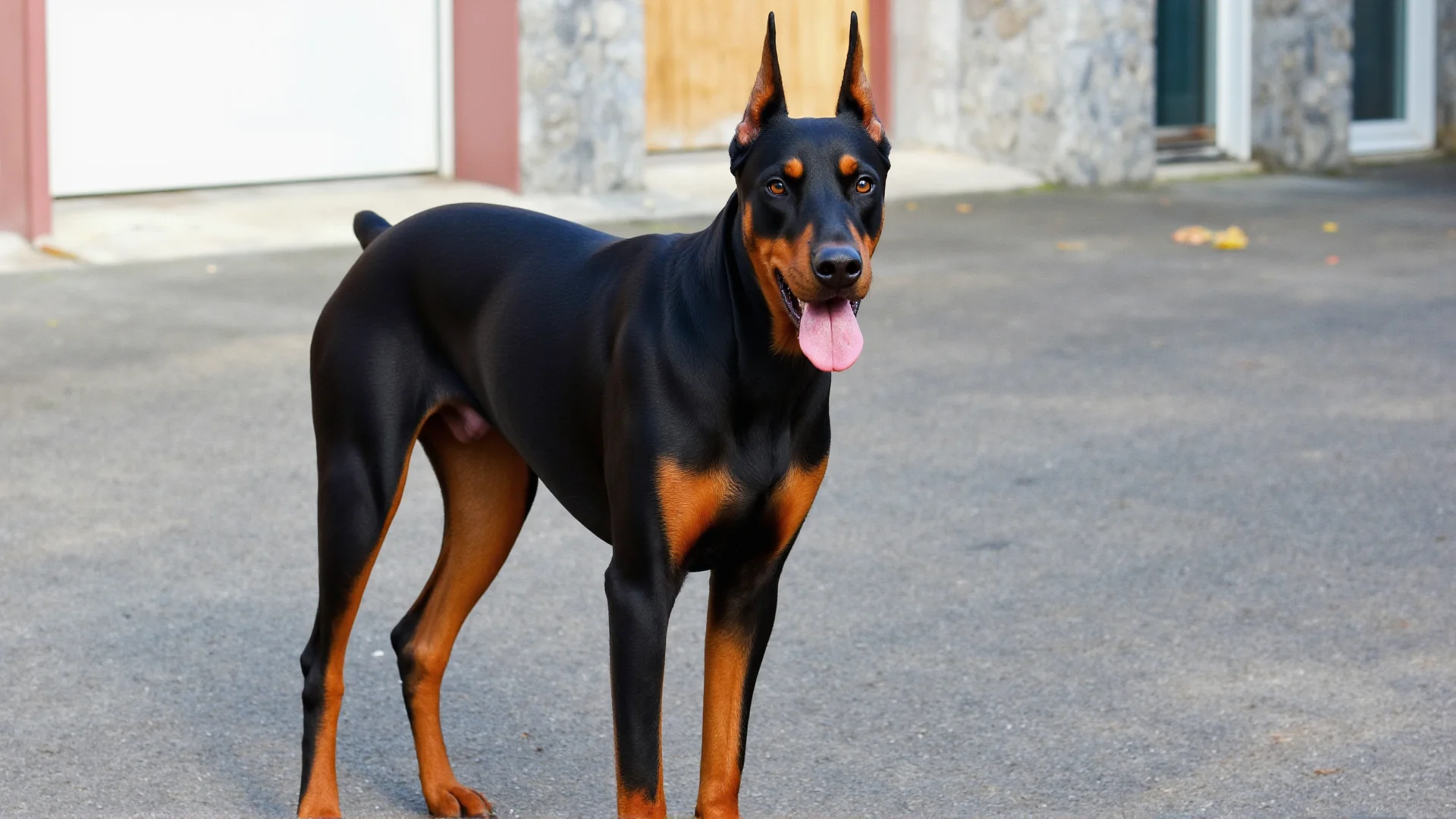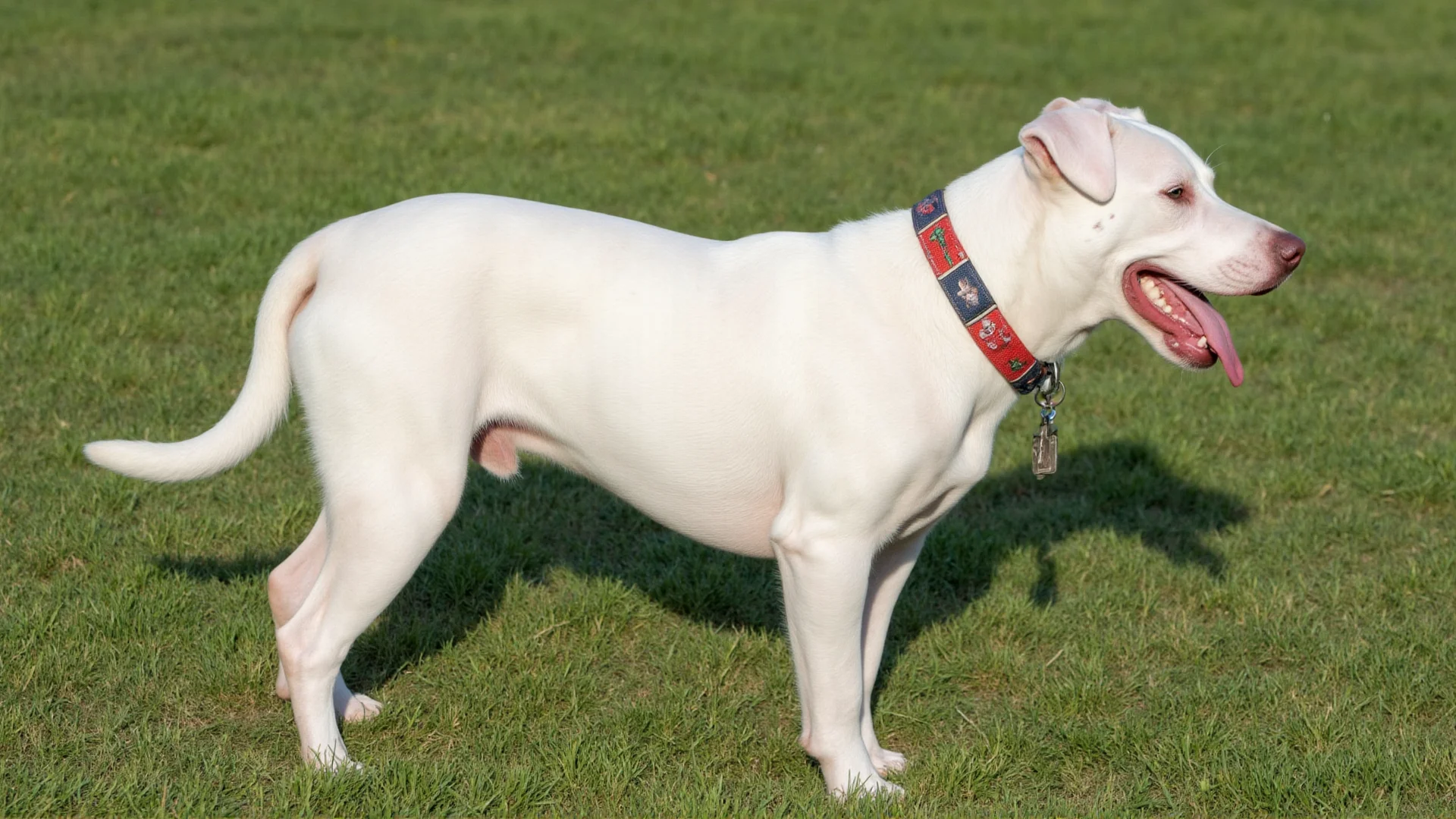Cane Corso: The Ultimate Guardian - Training and Care Guide for Protection Dogs
The Cane Corso stands as one of the most formidable and loyal guard dogs in the canine world. This ancient Italian mastiff breed combines impressive physical presence with unwavering devotion to their family, making them exceptional protectors when properly trained and socialized.
Understanding the Cane Corso's Guardian Instincts
Bred for centuries as estate guardians and personal protectors, Cane Corsos possess natural protective instincts that run deep in their DNA. These powerful dogs typically weigh between 90-120 pounds and stand 24-28 inches tall, with males generally being larger than females.
Natural Protection Traits
- Territorial awareness: Exceptional ability to distinguish between normal activity and potential threats
- Family loyalty: Intense bond with their pack, making them naturally protective of family members
- Intimidating presence: Their muscular build and confident demeanor often deter intruders without aggression
- Intelligence: Quick to assess situations and respond appropriately to commands
Essential Guard Dog Training for Cane Corsos
Training a Cane Corso for protection work requires patience, consistency, and expertise. These dogs are intelligent but strong-willed, requiring an experienced handler who can establish clear leadership.
Foundation Training (8-16 weeks)
Start with basic obedience commands that form the foundation of all protection training:
Critical Commands
- "Watch": Teaches the dog to focus on potential threats while remaining calm
- "Stay": Essential for controlled protection situations
- "Release" or "Enough": Crucial command to stop protective behavior immediately
- "Place": Positions the dog in a strategic location for monitoring
Socialization for Balanced Protection
Proper socialization is crucial for developing a well-rounded guard dog that can distinguish between normal interactions and genuine threats.
Controlled Exposure Program
- Introduce strangers in controlled settings to teach appropriate responses
- Practice scenarios where visitors are welcomed versus unwelcome intrusions
- Expose to various environments while maintaining focus on handler commands
- Regular interaction with children and elderly family members to ensure gentle protection
Advanced Protection Training Techniques
Perimeter Training
Teaching your Cane Corso to patrol and monitor property boundaries is essential for effective home protection:
- Boundary establishment: Walk the property perimeter regularly, teaching "patrol" commands
- Alert training: Reward quiet alerts rather than excessive barking
- Controlled response: Train different response levels based on threat assessment
Personal Protection Protocols
For families seeking personal protection, specific training protocols help the dog understand when to intervene:
- Teaching the difference between play and genuine aggression toward family members
- Training to position between family and strangers when commanded
- Developing controlled aggression that can be immediately stopped
Physical Care and Conditioning
A guard dog must be in peak physical condition to perform their duties effectively. Cane Corsos require specific care to maintain their health and working ability.
Exercise Requirements
- Daily walks: Minimum 60-90 minutes of structured exercise
- Strength training: Activities like weight pulling or resistance exercises
- Mental stimulation: Puzzle toys and training sessions to keep their minds sharp
- Agility work: Improves coordination and response time
Nutrition for Working Dogs
Guard dogs have higher nutritional needs due to their physical and mental demands:
- High-quality protein (minimum 25-30%) for muscle maintenance
- Balanced fats for sustained energy during long patrol periods
- Joint supplements to support their large frame
- Regular feeding schedule to maintain consistent energy levels
Health Considerations for Guard Dogs
Common Health Issues
Cane Corsos are generally healthy but prone to certain conditions that can affect their working ability:
- Hip dysplasia: Regular screening and weight management crucial
- Bloat (GDV): Life-threatening condition requiring immediate veterinary care
- Heart conditions: Annual cardiac screenings recommended
- Eye problems: Regular ophthalmologic examinations
Preventive Care Schedule
- Bi-annual veterinary check-ups
- Monthly weight and body condition assessments
- Weekly dental care to prevent infections
- Regular nail trimming for proper movement
Legal and Ethical Considerations
Owning a protection-trained Cane Corso comes with significant responsibilities:
Legal Requirements
- Verify local laws regarding guard dogs and liability
- Maintain comprehensive insurance coverage
- Ensure proper containment and warning signage
- Document all training and health records
Ethical Ownership
- Never encourage unnecessary aggression
- Provide adequate mental and physical stimulation
- Maintain consistent training throughout the dog's life
- Socialize regularly to prevent over-protectiveness
Living with a Guardian Cane Corso
Successfully integrating a protection-trained Cane Corso into family life requires careful management and ongoing commitment.
Family Integration Tips
- Establish clear household rules that all family members follow
- Create safe spaces where the dog can relax off-duty
- Maintain regular training sessions to reinforce commands
- Provide opportunities for normal dog activities and play
Managing Public Interactions
- Always maintain control in public settings
- Use proper equipment including sturdy leashes and collars
- Communicate clearly with strangers about approach protocols
- Continue socialization throughout the dog's life
Conclusion
The Cane Corso can be an exceptional guard dog when properly trained, socialized, and cared for. Their natural protective instincts, combined with proper training and responsible ownership, create a formidable yet controlled guardian. Remember that owning a protection dog is a long-term commitment requiring ongoing training, proper care, and responsible management.
Success with a guardian Cane Corso depends on starting with quality breeding, implementing consistent training from an early age, and maintaining the dog's physical and mental health throughout their working life. With dedication and proper guidance, these magnificent dogs can provide years of reliable protection while remaining beloved family companions.
